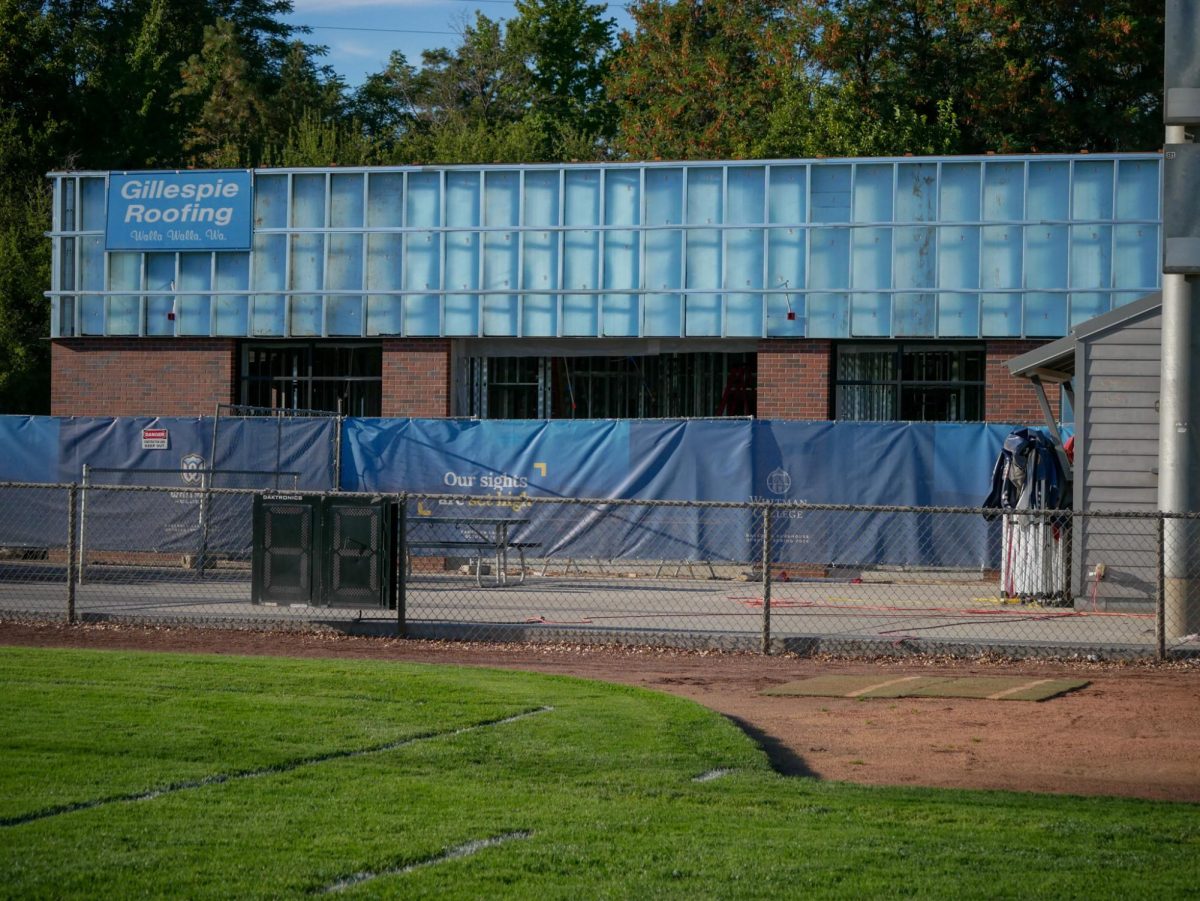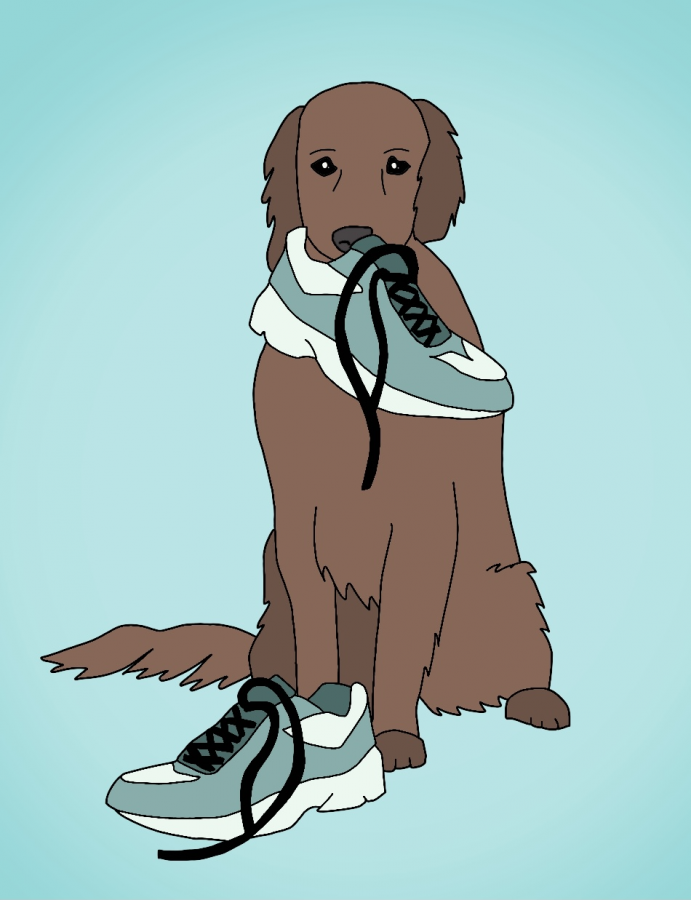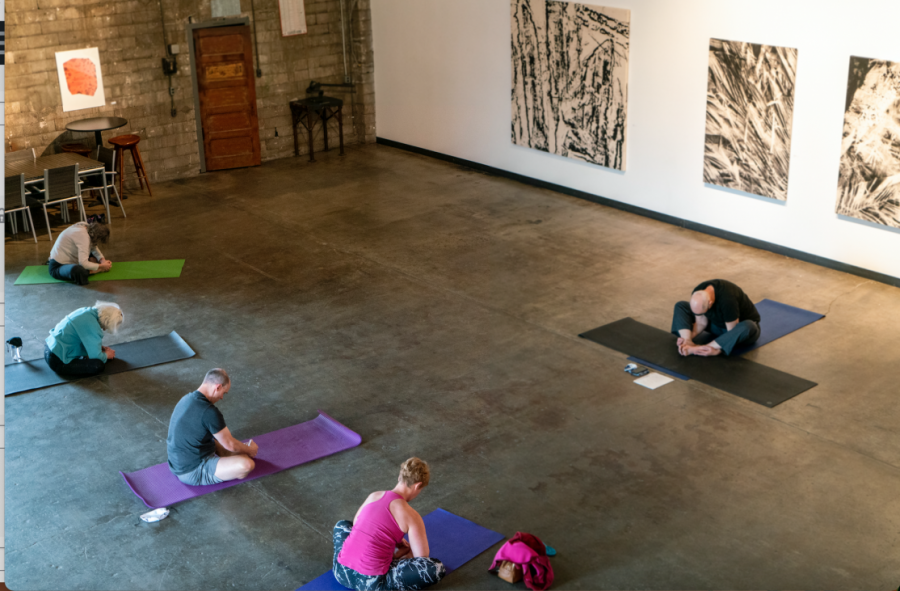
A little rain or frozen ground usually does not stop Whitman athletes from hitting the fields to kick around a soccer ball or toss a Frisbee. However, when athletes run on muddy fields, their concern is usually for the game, and not the turf. If it is too cold outside, the grass they run on is dormant and cannot heal itself. Both landscape supervisor, Bob Biles and senior Environmental Studies-Politics major and environmental intern, Sylvie Luiten are working together to make plans to keep the fields in better condition.
As Whitman’s landscape supervisor, Biles is in charge of maintaining the quality of campus landscape and ensuring that the environment is safe and beautiful. With Whitman rated one of the best small liberal arts colleges in the nation, he wants to make sure that all facilities, including the sports field, are in top-notch condition. The challenge is that since there are many field users, including varsity, club and intramural teams, there is tremendous pressure on all of the fields. Biles is especially concerned about the turf during this time of year.
“When the ground is frozen and the daylight does not promote healing, the grass simply does not grow. When it gets torn up, well we [the grounds crew] have to fix that, especially for the team sports: if the turf isn’t in good shape, people can fall or trip or sprain an ankle, so it becomes somewhat of a safety concern. So how do we rectify wear and tear that the students create?” said Biles.
The grounds crew deals with the mess by using mechanical inputs and water. They also aerate the grass to dry the soil out, and reseed, even though they have recently fertilized. The crew has to use significant amounts of water, fertilizer and seeds to repair this preventable damage.
“We don’t want to keep you off the fields at all,” said Biles, referring to Whitman students. “We just want to redistribute the pressure on the fields and get players out of their normal consolidated playing zones and utilize the whole surface; we believe that we will be able to reduce our inputs.”
As the environmental intern, Luiten’s role is to make the athletic teams more sustainable, and to raise awareness about how to be environmentally friendly. This includes being conscious of how they use the fields.
“What I want to do is educate the population because people aren’t really aware of the damage they’re doing,” said Luiten. “I just want to change the mindset from one of a passing resident, to ownership, so that the athletes take pride in being at Whitman and taking care of what we have here.”
Biles and Luiten together have created a greener approach to make sure the fields stay in good shape.
“The grounds crew will put out flags to kind of show the athletes where is good to play,” said Luiten. “Green flags mean good, red where they should stay off. It’s really simple, and easy to understand, and I want to come up with a list of recommendations and put in the varsity, club and intramural packet so that they know what’s going on.”
With this system, Biles and Luiten hope that athletes will be more aware of how they treat the fields, and that playing surfaces will stay in better condition.
“My buzzwords are communication, education and cooperation,” said Biles. “That’s what we’re going to need in order to keep our fields in premier condition and decrease our impact on the environment.”
Alex Kempler, a first-year intramural soccer player, is supportive of the new system.
“I think that if people actually follow the rules, and if it turns out to work then it’s a great idea,” said Kempler. “It makes sense and saves time, energy and the environment.”





